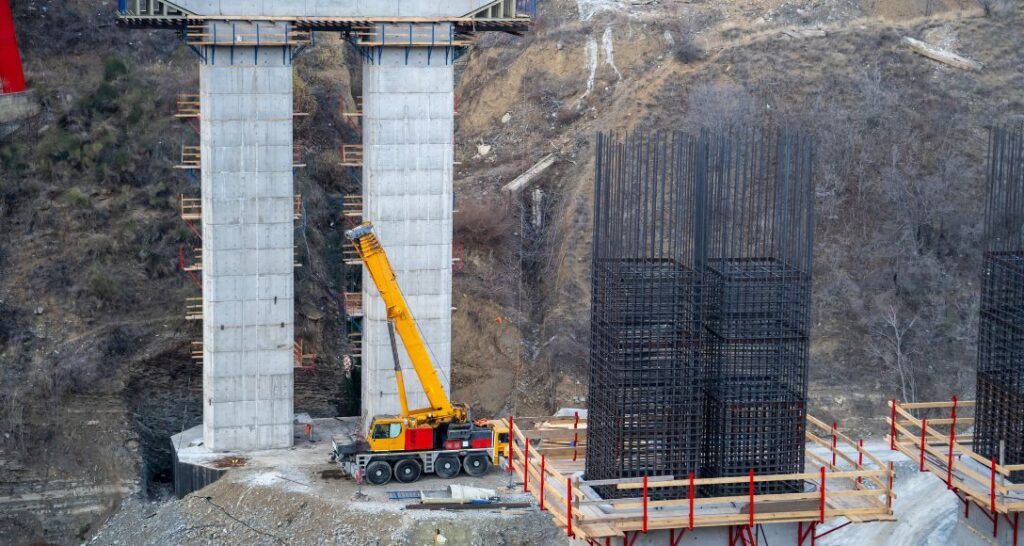Geotechnical drilling is critical to structures in our modern societies, yet it’s often overlooked. This branch of civil engineering focuses on the mechanical, physical, and chemical properties of soil and rock. It also studies how these natural elements interact with our infrastructure.
Why is it important to analyze soils?
Geotechnical drilling is similar to soil surveying, and it’s the foundation of all construction projects. During the process, soil and rock samples are collected for analysis and characterization. Having a better understanding of the soil makeup allows companies to tailor foundation design, identify potential contamination, anticipate environmental impacts, and evaluate the geological risks of the site.
Geotechnical drilling is often done ahead of major construction projects at the engineer’s request. They call in a geotechnical drilling company to visit the site and assess the feasibility and safety of the project. Depending on the composition of the soil (clayey or rocky), different analyses like compression and shearing tests, as well as assessments of soil density and permeability, are carried out to make sure the new structure will be stable.
A discipline with many challenges
Geotechnical drilling is subject to many challenges, making it an exciting and constantly evolving field.
- Densely wooded, very steep, or rugged areas require special equipment, like compact or helicopter-mounted solutions to facilitate drill transport.
- Difficult weather conditions like frost or drought can increase the risk of soil collapse or harden the soil and hamper drilling operations.
- Geotechnical drilling contractors have a major responsibility to ensure the reliability and accuracy of the data they collect and supply to engineers.
- Every plot of land is unique, so each drilling campaign requires an approach that’s tailored to the nature of the soil.
Choosing the right tool
The success of a geotechnical project depends heavily on having the right tool for the job. Among others, it’s important to pay attention to:
- Power: The power you need for a drill is dictated by the soil type. The higher the density, the more powerful the equipment needs to be to penetrate the soil.
- Durability: Drill heads need to be chosen based on soil strength. For some soils, a simple metal alloy will suffice, while for others, diamond-coated products will be necessary.
- Mobility: Whether you need your rig to be helicopter-mounted, compact, or crawler-mounted, there are a variety of options to allow you to set up your rig anywhere from urban areas to remote locations.
Of course, these aren’t the only factors to consider. Other factors, such as drilling depth, scale of operations, safety, and much more need to be considered as well when choosing the right geotechnical drilling equipment for the job.
Ultimately, geotechnical drilling is a complex discipline, with many factors to consider.
With proven expertise, MBI Global’s GtechDrill brand and its powerful, durable drill rigs are there to help your project succeed. Our products are modular, allowing you to choose parts based on your needs and the requirements of your operations. Choose strong products for reliable structures.
